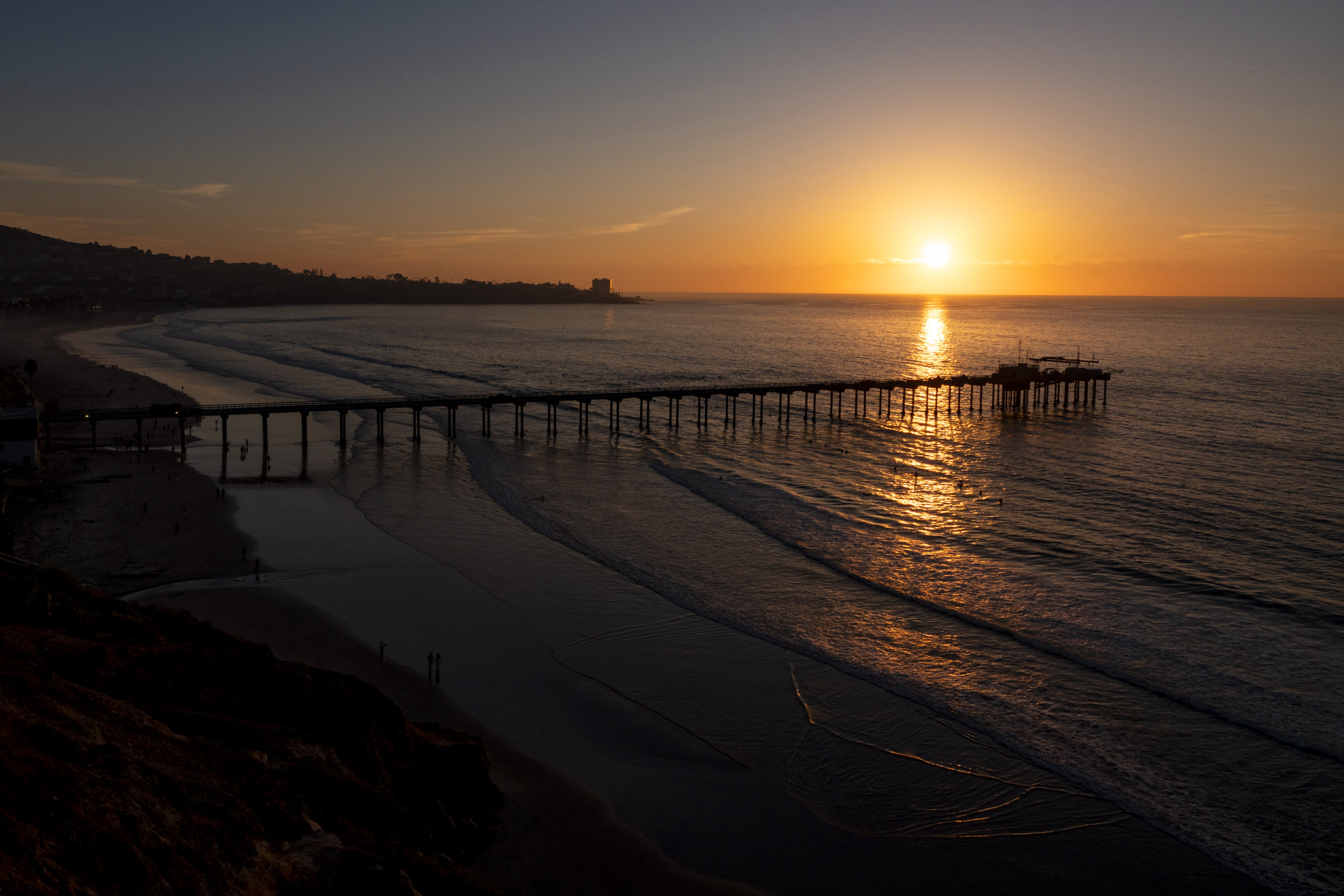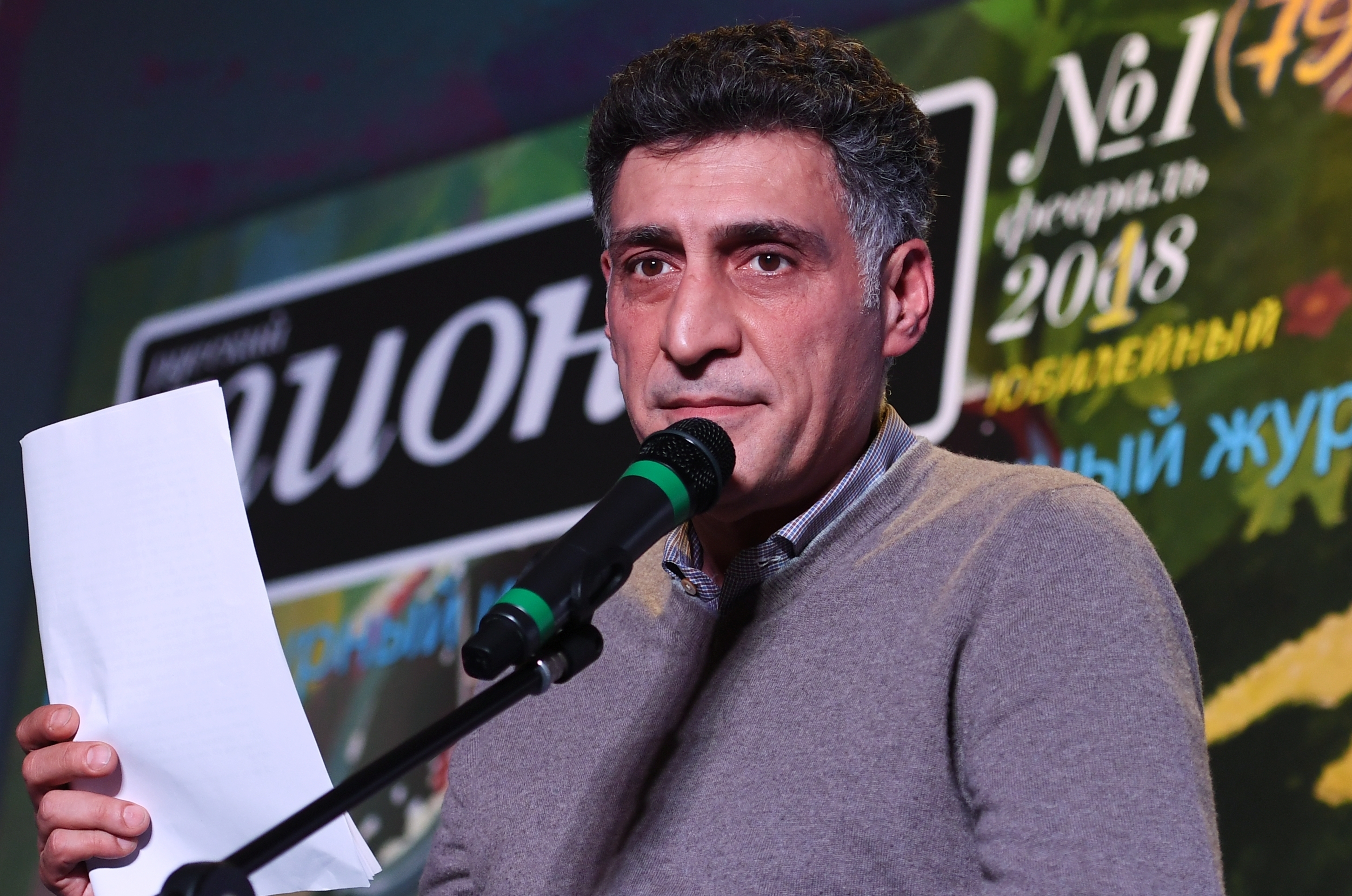Russia is reportedly recruiting Ukrainians from the eastern occupied territories to fight against their own country.
"Young men from the occupied territories of Ukraine were drafted into the Russian army for the first time," independent Russian outlet iStories posted to Telegram on Wednesday. It cited officials from the occupied regions, as well as state news agency RIA Novosti Crimea, which last week reported on a "ceremonial rally" held in Simferopol, Crimea, celebrating the conscription of new recruits from the Kherson and Zaporizhzhia regions in southern Ukraine.
Newsweek has contacted the Russian Ministry of Foreign Affairs about the reports.
Now 1,000 days into the conflict, Russia continues to sustain heavy casualties at the hands of Kyiv's forces, rapidly depleting the manpower needed to sustain the country's so-called Special Military Operation. Its shrinking pool of troops has compelled Russia to bolster its ranks through other means, including financial incentives, penalties for those avoiding conscription as well as recruitment from foreign armies.

As well as Kherson and Zaporizhzhia, annexed by Russia following the launch of the full-scale invasion in 2022, iStories said that young people from Donetsk and Luhansk had also been sent to serve in the Russian armed forces.
This practice is not new, according to the Ministry of Reintegration of Temporarily Occupied Territories (MRTOT), a Ukrainian government body established in 2016.
"They started this shameful practice in 2014," the MRTOT said of those recruited from Donetsk, Luhansk and Crimea following the initial invasion of the peninsula. "Refusal to receive a 'summons' from representatives of the occupation authorities can cost a person their life."
These recruits, who have reportedly included children as young as 12, were considered by Russia as "slaves" and "cannon fodder," according to the ministry, which quoted mobilized Ukrainians who had later been captured.
The issue was also brought to light in 2020 by then-ambassador to the OSCE James S. Gilmore, who said that this represented "a violation of the obligations that the Russian Federation owes under its subscription to the Geneva Convention."
The practice, described by the MRTOT as "conscription at gunpoint," has drawn repeated condemnation from state officials and human rights groups.
In October, the Ukrainian Ministry of Foreign Affairs said that the forced mobilization of Ukrainians into Russia's army contravened both the norms of international law as they pertain to sovereignty, as well as Article 51 of the Fourth Geneva Convention concerning the Protection of Civilian Persons in Time of War, which states: "The occupying power may not compel protected persons to serve in its armed or auxiliary forces."
Following the recent reports of residents from Donetsk being drafted, the City Council of Mariupol said: "The occupiers claim that the conscripts will apparently not take part in the war against Ukraine. However, no guarantee exists. After all, the Russians have repeatedly used young people at the front, in order to save their forces."
Human Rights Watch published a report in December 2023 outlining how Russian authorities would force detained Ukrainians into joining its armed forces, declaring this practice "a war crime."
Those held in prisons in areas such as Donetsk would be given "volunteer enlistment" applications by prison administration and law enforcement officials, before being deprived of water and given only unsafe food until they agreed to enlist.
"Russian authorities openly and unlawfully force men in occupied areas of Ukraine to fight against their own country," said Hugh Williamson, Europe and Central Asia director at Human Rights Watch. "Less visible is their practice of pressuring Ukrainian civilians in detention, who have nowhere to hide or flee, to join the Russian forces."
Do you have a story we should be covering? Do you have any questions about this article? Contact LiveNews@newsweek.com.




















 English (US) ·
English (US) ·